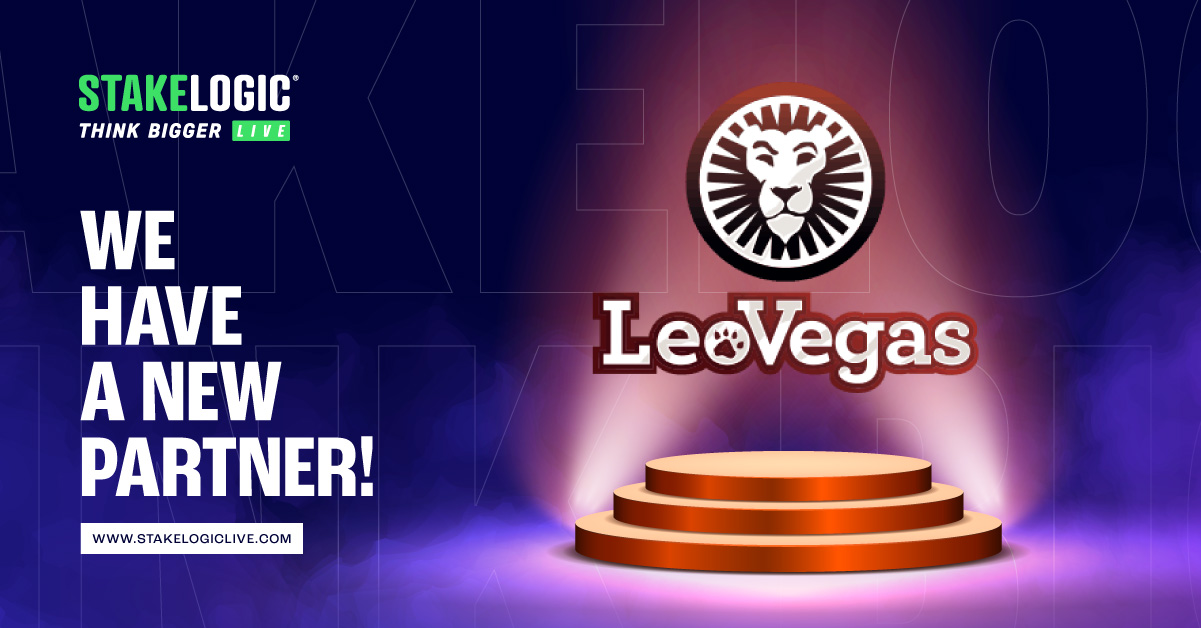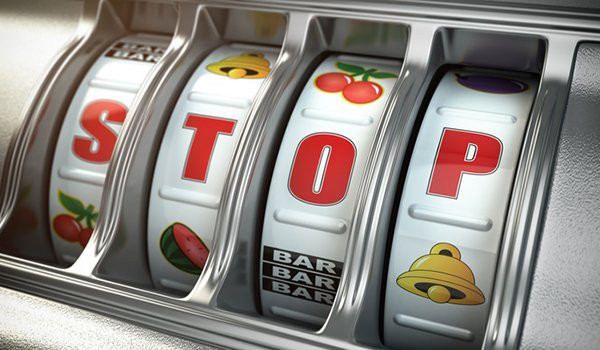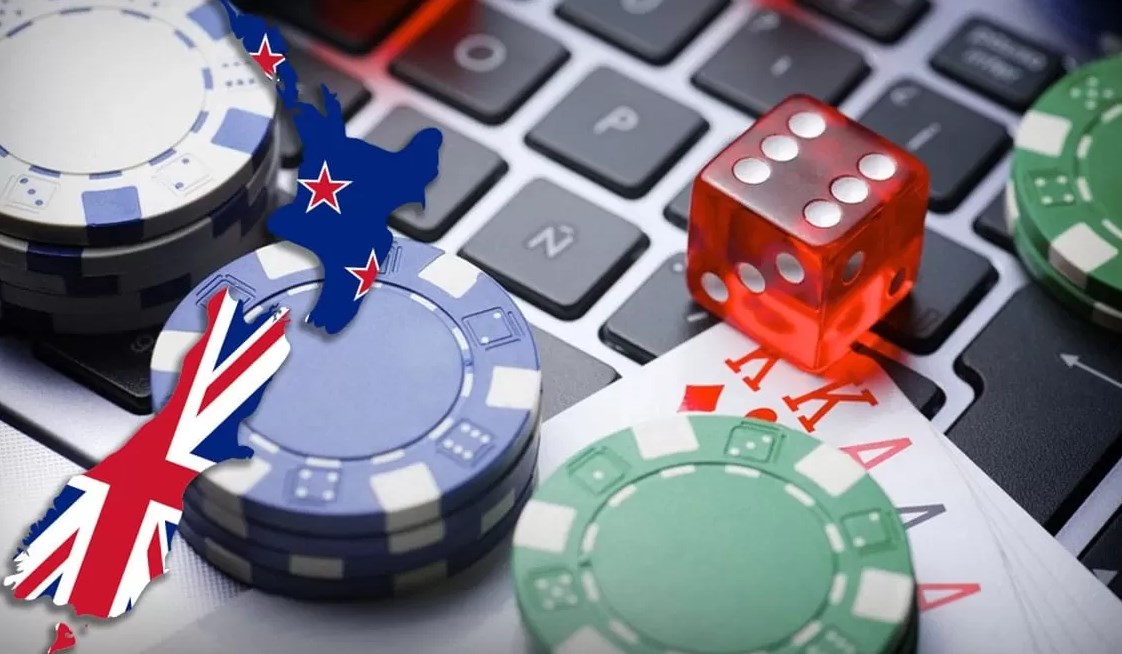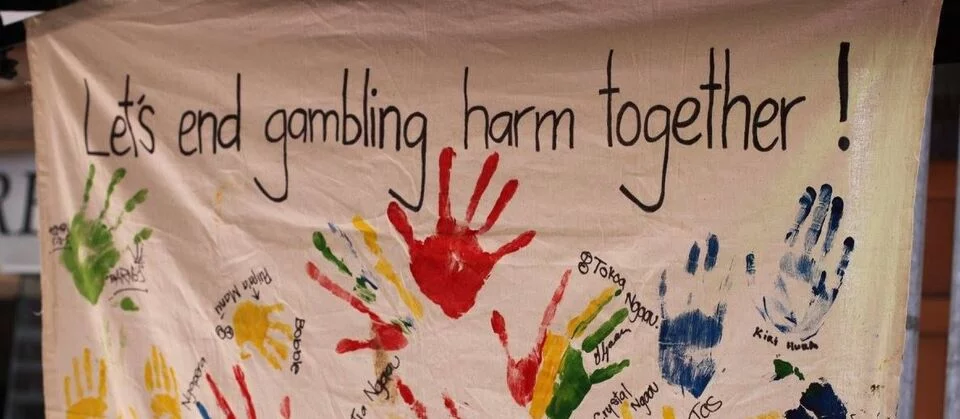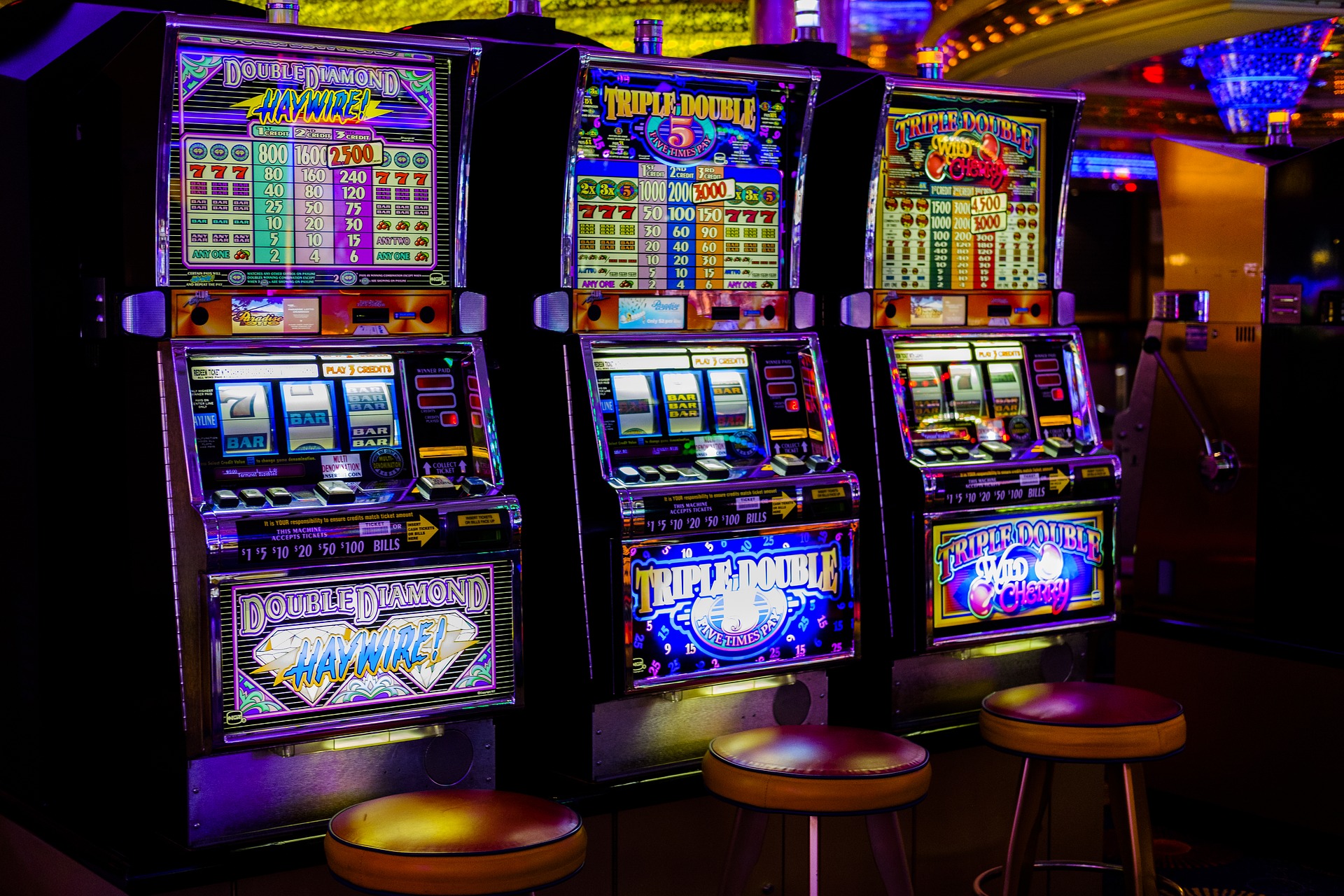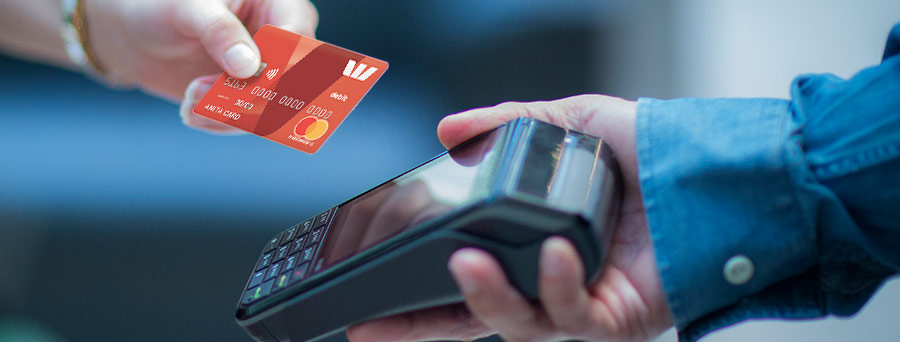Major online casino operator, LeoVegas, has cemented a new content deal with equally prominent iGaming developer, Stakelogic, to feature the company’s Stakelogic Live product.
The deal is made possible by Stakelogic Live’s aggregator partner, Relax Gaming, and will see LeoVegas add Stakelogic Live’s network tables and gameshow titles to its live dealer catalogue for Sweden and all MGA markets.
The deal includes a collection of Live Dealer blackjack and roulette table variants. The games will be streamed via Stakelogic Live’s world-class studio in Birkirkara, Malta, which integrates hi-tech audio and visual innovations, along with lightning-fast and crystal-clear broadcast quality.
The game tables feature visually arresting backdrops that convey unique gaming atmospheres, with themes inspired by Las Vegas, Macau, and more.
LeoVegas will also integrate a list of Stakelogic Live gameshow titles, such as Super Stake Roulette 5,000X. This game includes a Super Stake feature that lets you double your bet in exchange for heightened chances of triggering a bonus with potentially huge wins in store.
Stakelogic Live’s tables are hosted by professional and friendly dealers, expertly selected and trained to provide an entertaining and engaging experience.
Olga Bajela, the COO at Stakelogic Live, said,
“It is great to have added LeoVegas to our growing roster of tier-one operator partners and for its players in Sweden and all MGA markets to be able to enjoy the unrivalled experience that each title provides. Stakelogic Live is now a must-have provider for operators looking to deliver the best live dealer content to their players and we look forward to seeing those at LeoVegas sit down at our network tables and experience first-hand what they have to offer.”
Rokas Benetis, the Director of Live Casino at LeoVegas, stated,
“We are committed to providing our players with a comprehensive live casino portfolio comprised of the best games from the best providers, and this partnership with Stakelogic Live is a testament to this commitment. “
